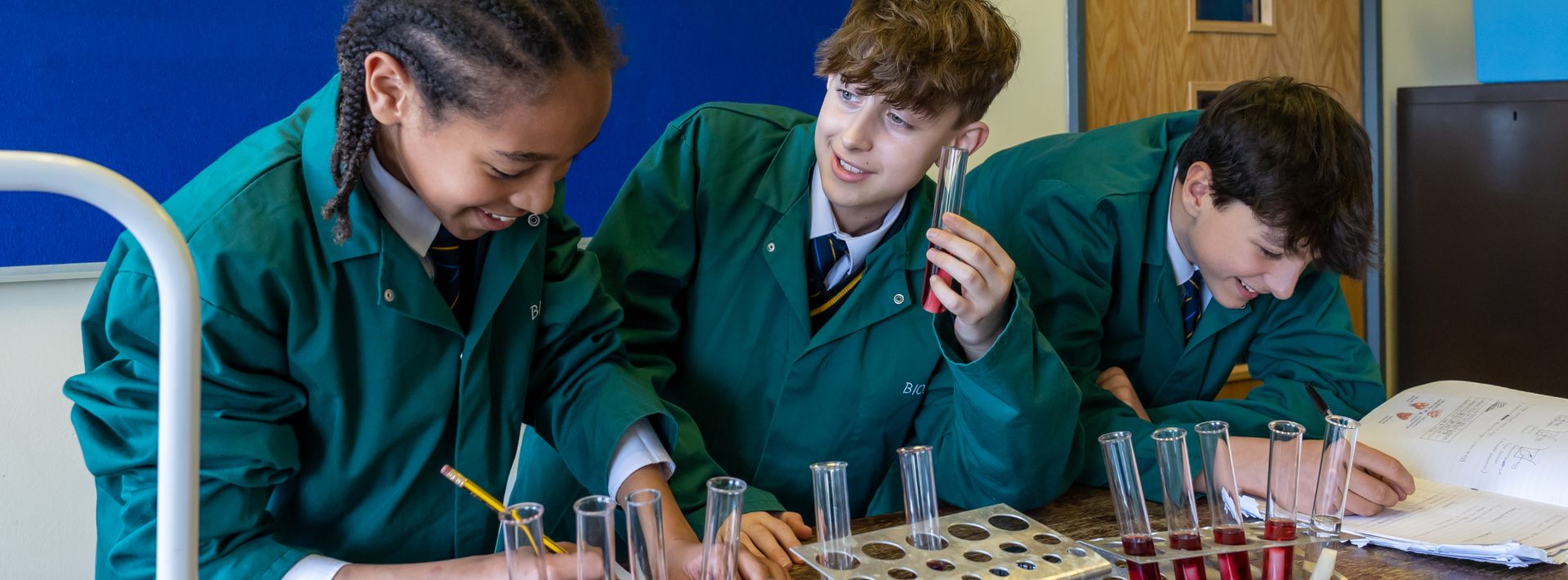Welcome to the Knowledge Hub for Pitsford School!
This page is designed to provide prospective students and their families with a comprehensive understanding of what our school has to offer. Here, you will find detailed information on various aspects of our educational environment and the unique opportunities available at Pitsford School. We will continue to update the Hub with the latest information to assist you in making informed decisions about your child’s education.
School Fees: Discover the value of investing in an independent school education, learn about different payment plans, and explore whether school fees are truly worth it.
Special Educational Needs (SEN): Gain insight into the support systems Pitsford School offers for children with special educational needs, including accommodations and personalised learning strategies.
Education, Health and Care Plan (EHCP): Find out how we integrate students with an EHCP into our school community, ensuring they receive the appropriate support and resources.
Sports: Explore the variety of sports offered at Pitsford School, our competitive spirit, and how we fare against other schools in various sports leagues.
Food: Understand how our school accommodates individual dietary needs, ensuring that all students have healthy and suitable meal options available.
Music Lessons: Learn about the music education opportunities at Pitsford, the benefits of learning an instrument, and how these skills enhance overall student development.
Class Sizes: Delve into the advantages and disadvantages of different class sizes and discover how Pitsford School optimises learning through its class structure.
Transport Routes: Access information on the available transport routes for Pitsford buses, making daily commutes convenient and efficient for our students.
Languages Offered: Explore the range of languages taught at Pitsford School and how linguistic diversity enriches the educational experience.
Separate Sciences: Find out if your child can study separate sciences at Pitsford, and what this means for their academic trajectory in STEM fields.
This hub is here to answer your questions and help you understand why Pitsford School might be the right choice for your child’s education.





